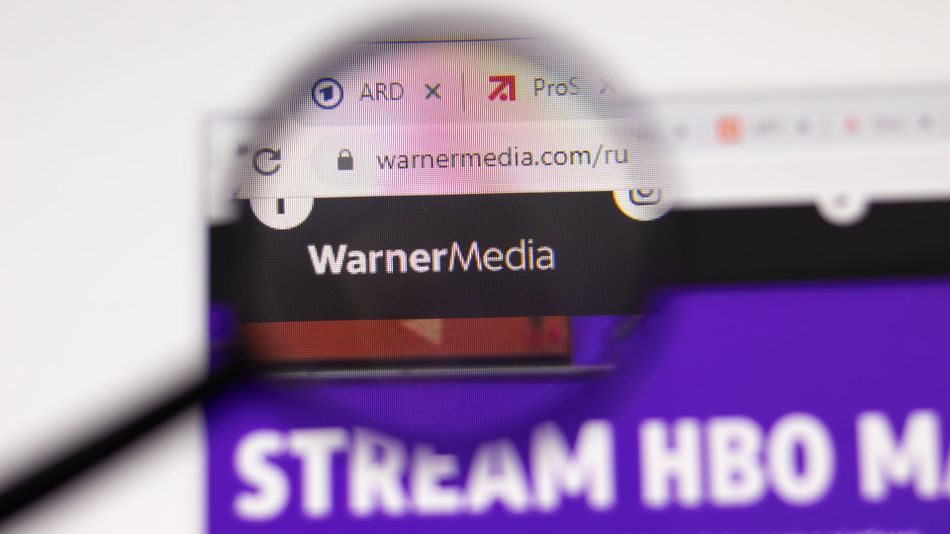
Image: Postmodern Studio via shutterstock
After a weekend of build-up, the rumors are true: The AT&T-owned WarnerMedia is teaming up with Discovery, Inc. to form a streaming entertainment super-group.
The Monday morning announcement confirmed that AT&T will receive $43 billion “in a combination of cash, debt securities, and WarnerMedia’s retention of certain debt” as part of the deal, with AT&T shareholders claiming a 71 percent stake in the new business while Discovery shareholders will hold the remaining 29 percent. The money and big picture ownership stakes are the only aspects of the deal at this point that can be defined in clear term (and even the announcement notes that some of the numbers may be subject to change).
Practically speaking, though, the merger sees the two interests forming a new standalone company that combines “WarnerMedia’s premium entertainment, sports and news assets with Discovery’s leading nonfiction and international entertainment and sports businesses.” On the Warner side, that obviously includes HBO and its attendant streaming service HBO Max. CNN and Turner Sports also fall under the same umbrella, as do an assortment of popular cable networks including Cinemax, TBS, and TNT. WarnerMedia also owns a 50 percent share of The CW.
Discovery, Inc. is a newer player in the streaming space, with its Discovery+ subscription service having launched in March 2020. The company also has a big investment in the sports world, between the GolfTV streaming service and EuroSport, a collection of Europe-based sports networks that notably holds the broadcast rights for Olympic Games across most of the continent. Discovery has also nurtured a powerful slate of its own popular cable networks, including Animal Planet, Food Network, HGTV, and TLC.
The big question, of course, is how this new phase for both companies will impact their respective streaming options, if they do at all. That’s unfortunately not clear yet. Discovery CEO David Zaslav said during a post-announcement press conference that there’s been no decision made about how or whether to bundle the streaming services. Streaming is a huge piece of this deal, though, make no mistake.
“We do have a name and we’ll announce it later this week or next week,” Discovery CEO David Zaslav says when asked what he’s come up with to combine Discovery and HBO Max. Says he hasn’t decided about offering a super streaming bundle, other combo, or everything a la carte. $T
— Aaron Pressman (@ampressman) May 17, 2021
The press release goes out of its way to tout the strength of the two libraries, and the value it offers shareholders in bringing them together. At one point, the press release celebrates “[u]niting complementary and diverse content strengths with broad appeal — WarnerMedia’s robust studios and portfolio of iconic scripted entertainment, animation, news and sports with Discovery’s global leadership in unscripted and international entertainment and sports.”
It goes on to note that the new business creates “a stronger competitor in global streaming” that “will be able to invest in more original content for its streaming services, enhance the programming options…and offer more innovative video experiences and consumer choices.”
This is all the flowery, upbeat stuff of a press release announcing a major business deal, of course. But in the absence of any tangible details on what the next steps look like as this new company forms, it’s all the information we have to go on. Stay tuned for more; we’ll surely be hearing it soon.
